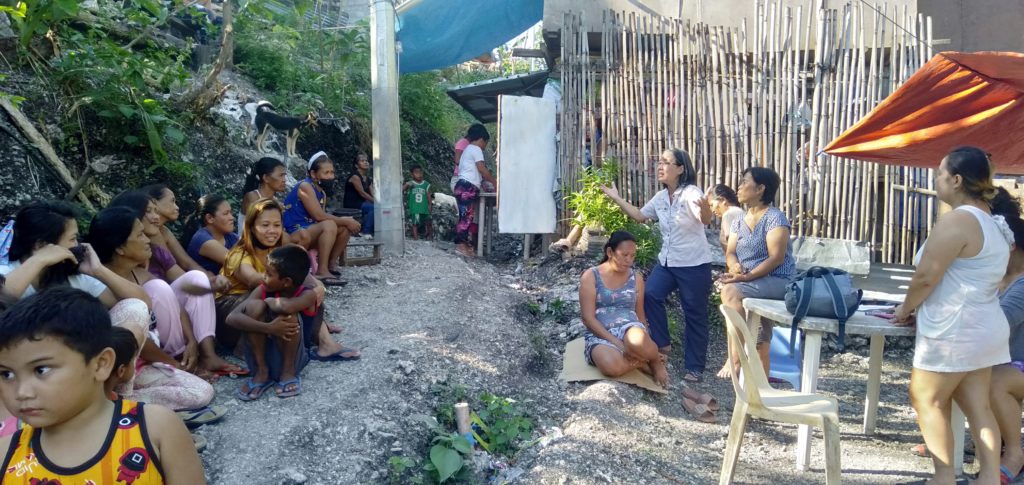The Visayas Primary Healthcare Services, Inc. supports the multisectoral call for mass testing.
In a press statement, the Coalition for People’s Right to Health (CPRH) – Cebu Chapter, said that mass testing is necessary to isolate patients and prevent other people from being exposed to the highly contagious viral disease.
The statement said that mass testing is important. The number of cases presented by the DOH does not reflect the real health situation because only selected people are tested for COVID-19. Most test results are being released when the patient has died. Cebu now has more than 10,000 tests kits that can be used in the Vicente Sotto Memorial Medical Center.
The Department of Health only allows testing of those with severe symptoms and members of the vulnerable sector or the elderly showing mild symptoms, and Philippine government officials.
The CPRH called on the DOH to conduct testing of all Persons under Investigation (PUIs), regardless of severity of symptoms, age or presence of co-morbidities.
The group also called on the government to fully implement and enhance disease surveillance such as contact tracing, sentinel testing and active case-finding through mass testing in affected or at risk communities with reported cases. Patients with influenza-like illness (ILI) should now be tested on a community level, based on geographic clustering and sampling. Quarantine facilities should be set up in the barangay level since the affected poor cannot stay in their already crowded homes without the risk of infecting their family members.
The CPRH called on the government to do a regular system of testing and monitoring of health workers, the most vulnerable to getting infected through their increasing number of patients. With the increasing number of frontliners forced to go on quarantine due to constant exposure to suspected cases, mass testing will guide hospitals and health facilities on the actual number of health workers who are infected so that they should be made to undergo quarantine and not pose a risk to patients and other health workers.
Furthermore, it called on the government to expedite and expand the capabilities of the national, subnational and regional testing centers to facilitate the demand for further testing.
Lockdowns and social distancing measures, staying at home and personal hygiene on their own, are not enough. The World Health Organization has actively called for all countries to take a comprehensive approach and the most effective way to prevent infections and save lives is breaking the chains of transmission. And to do that, countries must test, test and test, in order to isolate. The WHO emphasized that nations cannot stop this pandemic if those who are infected are not known.
The CPRH also stressed that the public health emergency highlights inequality and the situation of our vulnerable population. Social distancing is a privilege that the urban poor cannot comply. Measures for disease prevention are limited for the poor — without regular supply of clean water, frequent hand washing is virtually impossible; without adequate income, eating nutritious food to strengthen the body against illness and buying soap/alcohol becomes a luxury.
With the shutdown of industries, stoppage of public transportation, prohibition to go out to the streets without a quarantine pass, and the many harsh effects of the lockdown, thousands of the poor majority are forced to go hungry without work.
Finally, the statement ended by stating that the CPRH gives its gratitude to and remains in solidarity with those who serve the people, as it furthers the people’s right to health.



